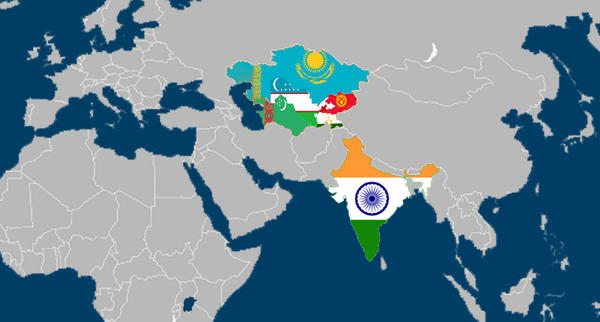- Courses
- GS Full Course 1 Year
- GS Full Course 2 Year
- GS Full Course 3 Year
- GS Full Course Till Selection
- MEP (Mains Enrichment Programme) Data, Facts
- Essay Target – 150+ Marks
- Online Program
- GS Recorded Course
- NCERT- First Ladder
- Polity
- Geography
- Economy
- Ancient, Medieval and Art & Culture AMAC
- Modern India, Post Independence & World History
- Environment
- Governance
- Science & Technology
- International Relations and Internal Security
- Disaster Management
- Ethics
- Current Affairs
- Indian Society and Social Issue
- CSAT
- 5 LAYERED ARJUNA Mentorship
- Public Administration Optional
- ABOUT US
- OUR TOPPERS
- TEST SERIES
- FREE STUDY MATERIAL
- VIDEOS
- CONTACT US
GM Mustard variant DMH-11
GM Mustard variant DMH-11
22-01-2024
Context:
- The Supreme Court has reserved its judgement on the PILs challenging the government's approval for the commercial release of GM mustard variant DMH-11.
- Public Interest Litigation (PIL) is a type of legal action where individuals or groups can go to court on behalf of others to address issues that affect the public.
What is GM Mustard?
- Genetically Modified (GM) Mustard is a type of mustard plant that has been artificially modified using genetic engineering.
- Genetic engineering is a way through which scientists change the DNA of an organism to give it specific characteristics.
Why is genetic modification done to crops?
- Faster Growth and Increased Yield: It can make crops grow faster and yield more, helping farmers produce more food.
- Pest Resistance: Pests are small animals or insects that can harm crops. Some GM plants can resist pests and diseases, so farmers don't have to use as many chemicals to protect their crops.
- Herbicide Tolerance: Some GM plants are designed to tolerate weed-killing chemicals called herbicides. Weeds are like unwanted plants that grow with crops. Using GM plants makes it easier for farmers to control weeds without hurting their crops.
- Improved Nutritional Content: Scientists can make crops with extra vitamins or nutrients to make them healthier to eat. One well-known example is Golden Rice, which has extra vitamin A.
- Drought Resistance: GM plants can be designed to handle less water, which is helpful in places where there isn't much rain.
- Environmental Sustainability: By using fewer chemicals, GM crops may be better for the environment and contribute to sustainable farming.
What advantage does Genetic Modification have over Traditional Plant Breeding?
- Traditional Plant Breeding is possible only within 1 species, which means we cannot bring the characteristics of an animal into a plant.
- Genetic Modification allows the transfer of genes between different species, including between plants and animals.
Which GM crops have been developed in India so far?
GM Crop |
Gene Introduced |
Taken From the Organism |
Legal Status in India |
|
Bt Cotton |
cry1Ac |
Soil Bacterium (Bacillus thuringiensis) |
Allowed for Commerical Use |
|
Bt Brinjal |
cry1Ac |
Soil Bacterium (Bacillus thuringiensis) |
Not yet allowed for commercial use |
|
GM Mustard (DMH-11) |
barnase and barstar |
Soil Bacterium (Bacillus amyloliquefaciens) |
Allowed but Court’s judgement is pending |
Note: DMH-11 is a GM variant of an already hybrid crop made by traditional breeding methods to tolerate herbicides. This has increased its yield by 28%. It is created by combining genes from
- Indian mustard variety 'Varuna'
- East European 'Early Heera-2' mustard through crossbreeding.
What is the ongoing case?
- Critics are asking for a ban on commercial cultivation of GM mustard variant DMH-11 considering the possibility of health and environmental impacts it may cause.
- However, the Central Government said that India already imports and consumes oil derived from genetically modified (GM) crops.
What is the Legal Position of GM crops in India?
- The Genetic Engineering Appraisal Committee (GEAC) is the main authority that can approve the commercial release of GM crops in India.
- In 2002, GEAC granted the first approval for the commercial release of Bt cotton.
- Using GM variants that are not approved can lead to serious consequences such as a fine of Rs 1 lakh and a jail term of 5 years.



